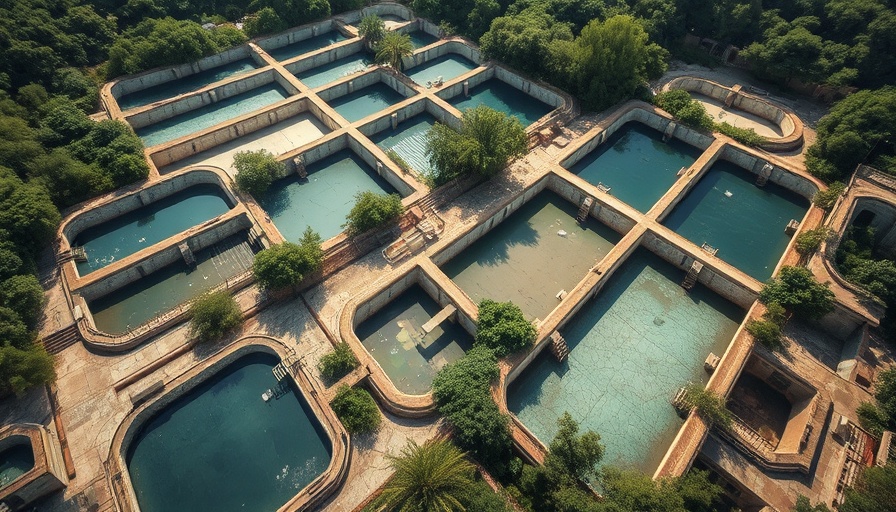
Orcas and Dolphins in Distress: A Troubling Situation
In January 2025, Marineland Antibes, a marine park located in the picturesque southern town of Antibes, France, closed its doors permanently, leaving behind a traumatic legacy of abandonment. Among the victims of this closure are a pair of orcas, Wikie and her son Keijo, alongside twelve dolphins, who are all trapped under dire conditions in rotting tanks. Recent footage from the activist group TideBreakers highlights their grim existence—swimming in a greenish, algae-ridden environment devoid of adequate care or stimulation.
Background: The Rise and Fall of Marineland Antibes
Established as a popular attraction on the French Riviera, Marineland Antibes once captivated visitors with its marine shows and dolphin exhibits. However, the tide has turned for the park as public sentiment around the ethical treatment of marine life has shifted significantly over recent years. A declining reputation and financial woes culminated in its closure, marking a stark reminder of the elephant in the room concerning animal captivity in entertainment and tourism.
The Activist Response: A Call for Action
Animal rights groups, such as TideBreakers, have been vocal in their condemnation of the conditions these animals face. They describe the situation as one of "danger and despair." The group has been working tirelessly to get these orcas and dolphins moved to more humane environments, utilizing social media platforms to raise awareness. Their efforts signify a growing public outcry for the ethical treatment of marine mammals, showcasing the urgency to rehouse these stranded creatures.
Comparative Situations: Lessons from Other Abandoned Parks
Marineland is not alone in this struggle—similar scenarios have unfolded at marine parks around the globe. For instance, the closure of SeaWorld venues in the United States sparked discussions about the welfare of captive animals. Both facilities face long-standing criticisms for their practices. The experiences of these other parks serve as crucial learning points in advocacy, pushing forward the conversation toward more ethical tourism and animal treatment.
Human Interest Angle: The Emotional Toll
Stories like that of Wikie and Keijo resonate deeply with the public. Witnessing the emotional strain of these animals, coupled with the distress that animal activists express, highlights a significant need for broader awareness. There is an emotional connection that transcends mere observation; these animals are living beings deserving of compassion and freedom, prompting us to ask: what can we do to drive change?
Future Concerns: What Lies Ahead?
With Marineland Antibes closed, one major question remains: what will happen to the animals? While a small crew continues to care for them, the urgency to relocate them fast is critical. Future scenarios could include transferring them to rehabilitation centers, or potentially sanctuaries, where they will receive better care. To truly shift the narrative around marine life in captivity, we must actively participate in the dialogue surrounding humane treatment.
Actionable Steps We Can all Take
Public engagement is a powerful mechanism for change. By supporting marine conservation organizations and advocating for more humane practices, citizens can amplify their voices. Awareness campaigns can educate others, inviting conversations about wildlife rehabilitation. By choosing to share informative materials or donating to rescue initiatives, you can contribute positively to the future of these marine creatures.
 Add Row
Add Row  Add
Add 




 Add Row
Add Row  Add
Add 

Write A Comment